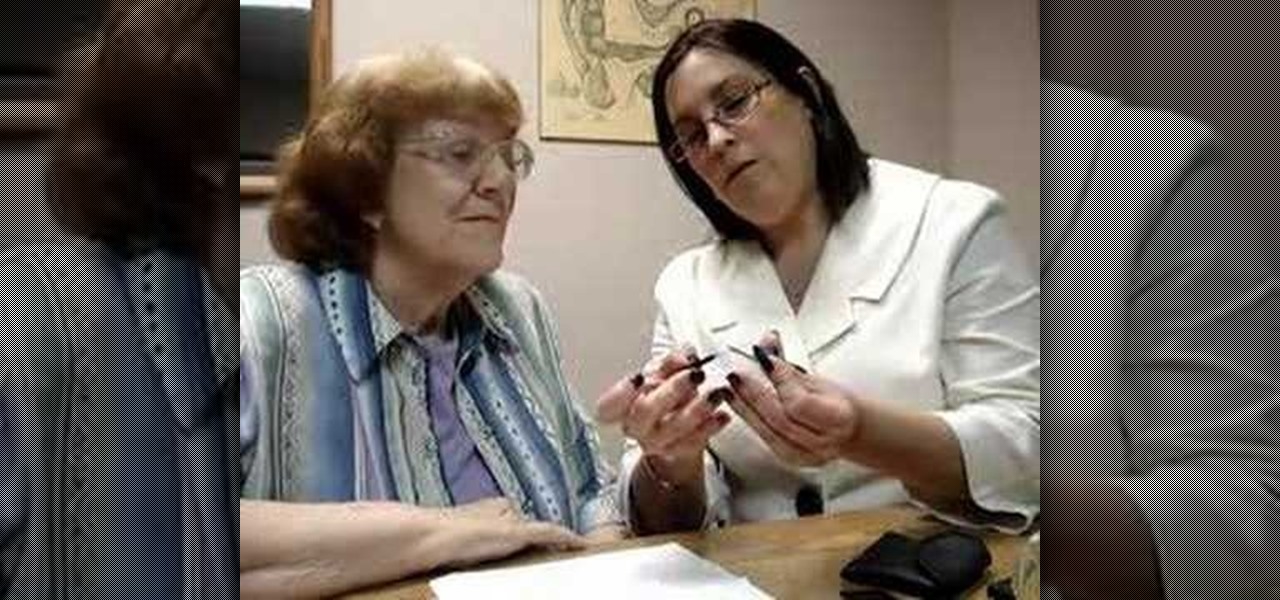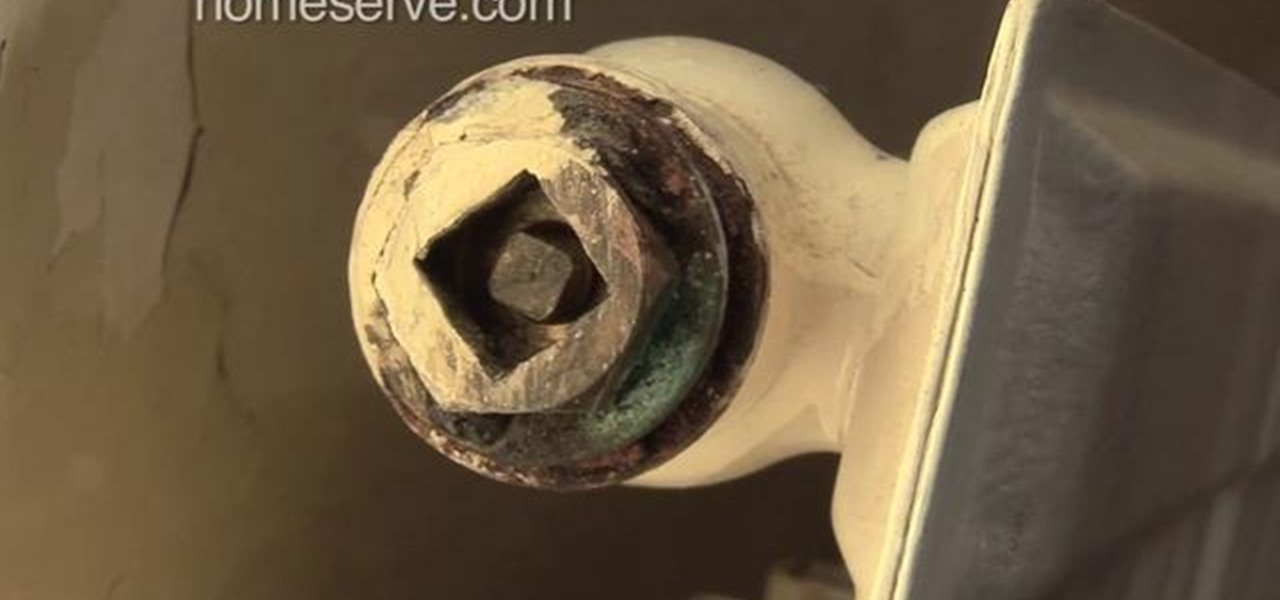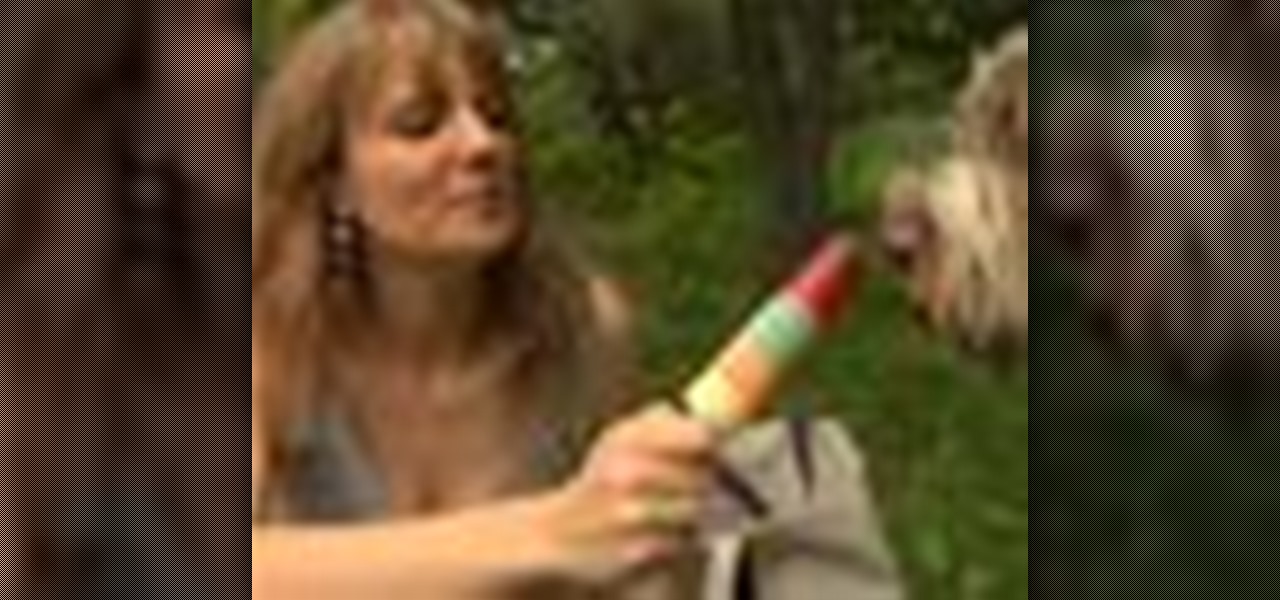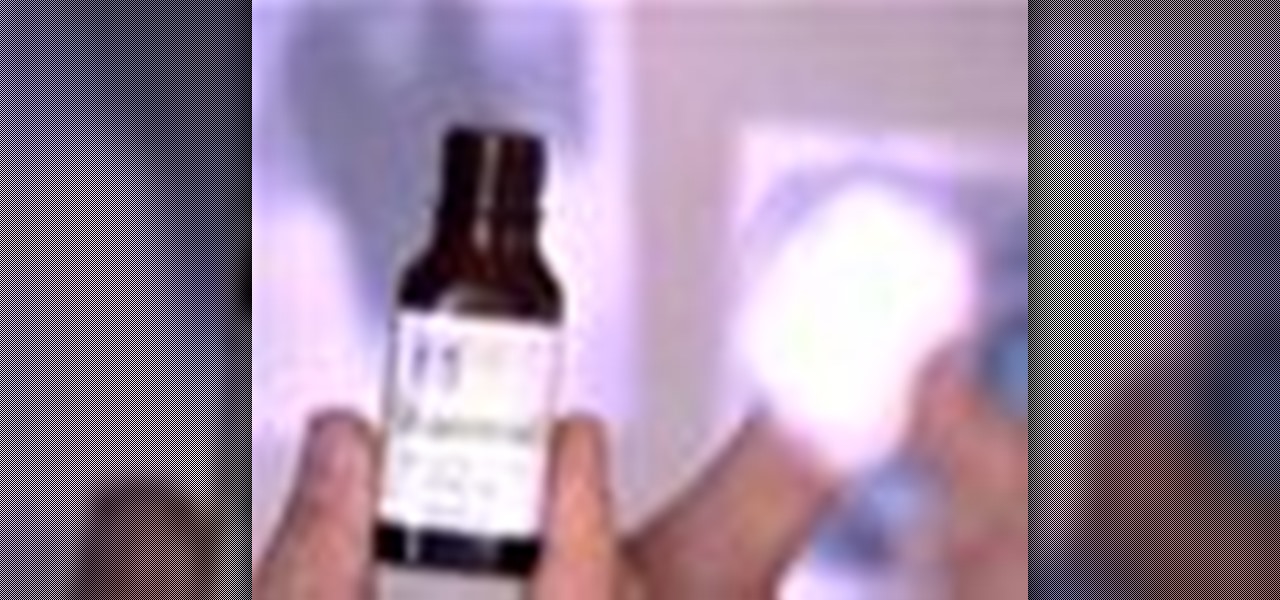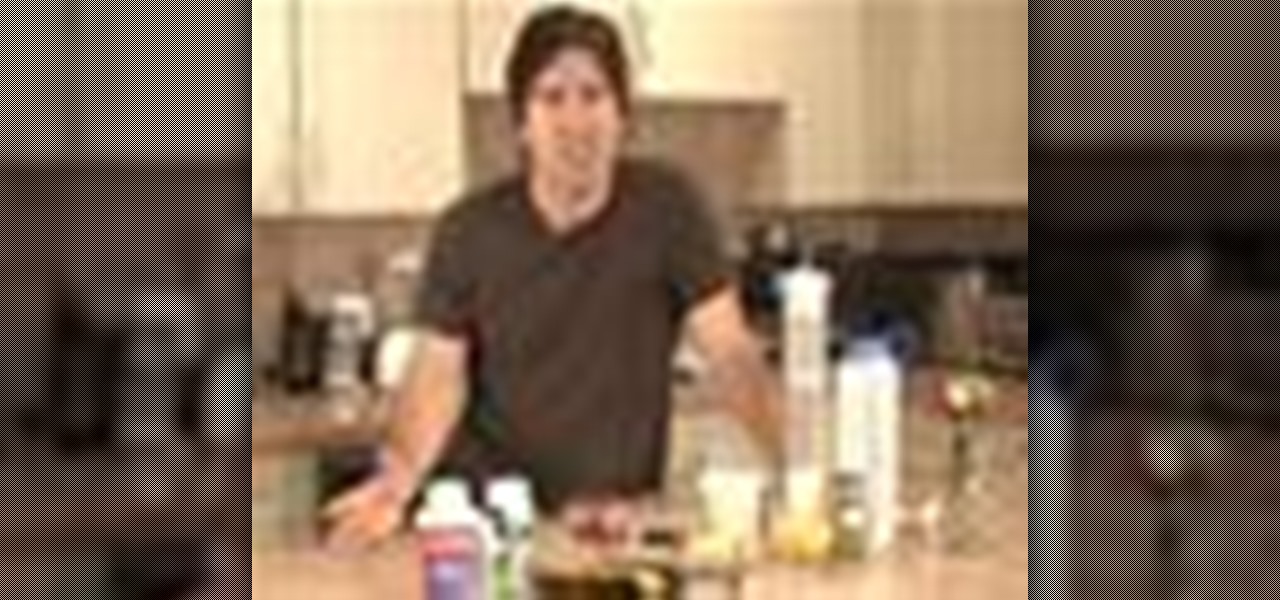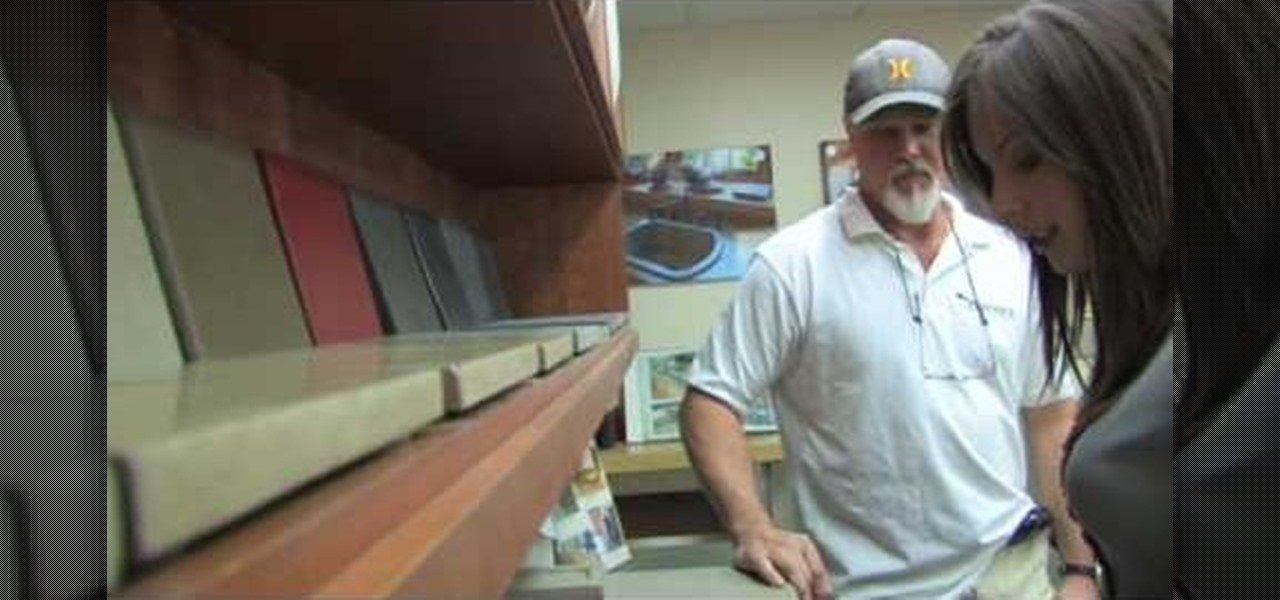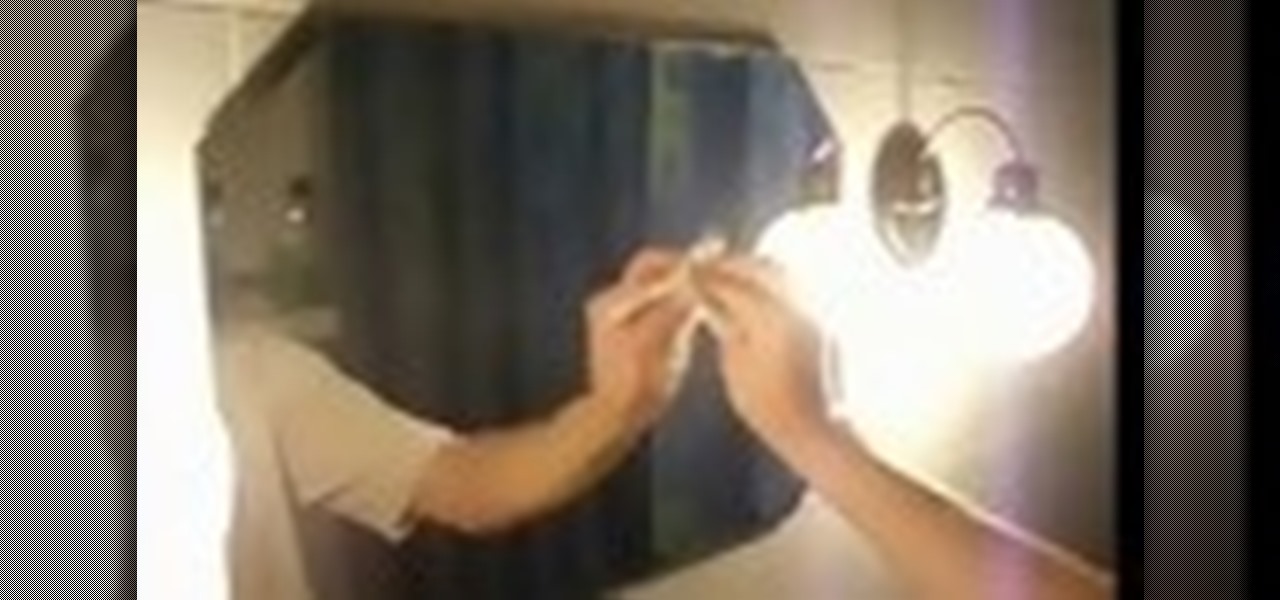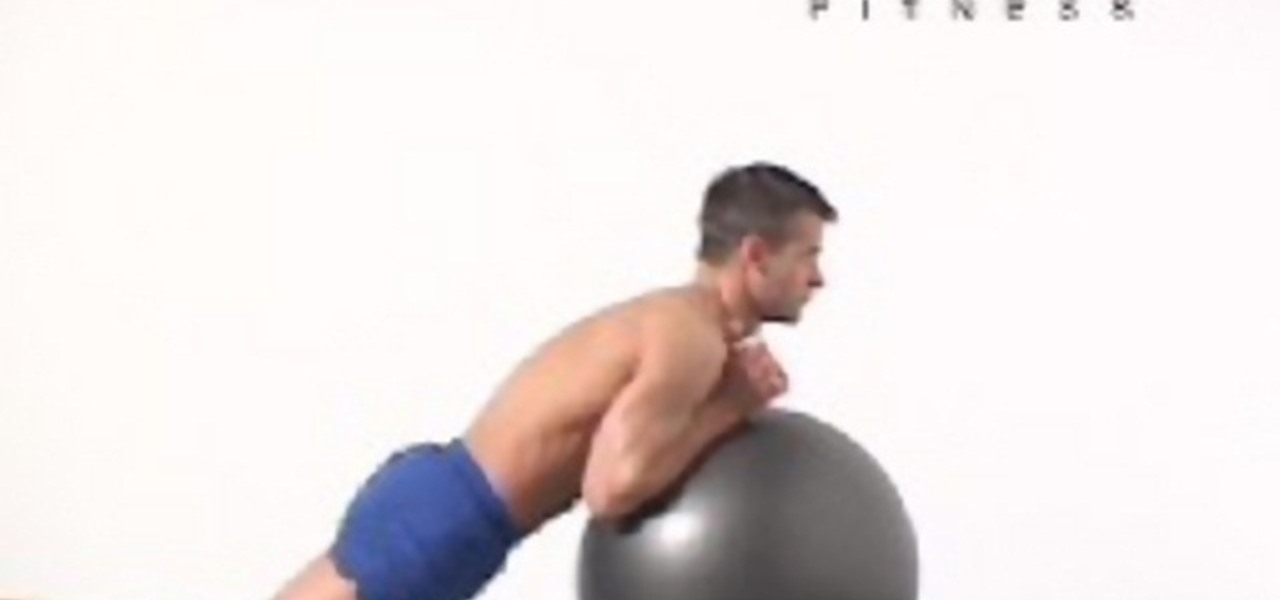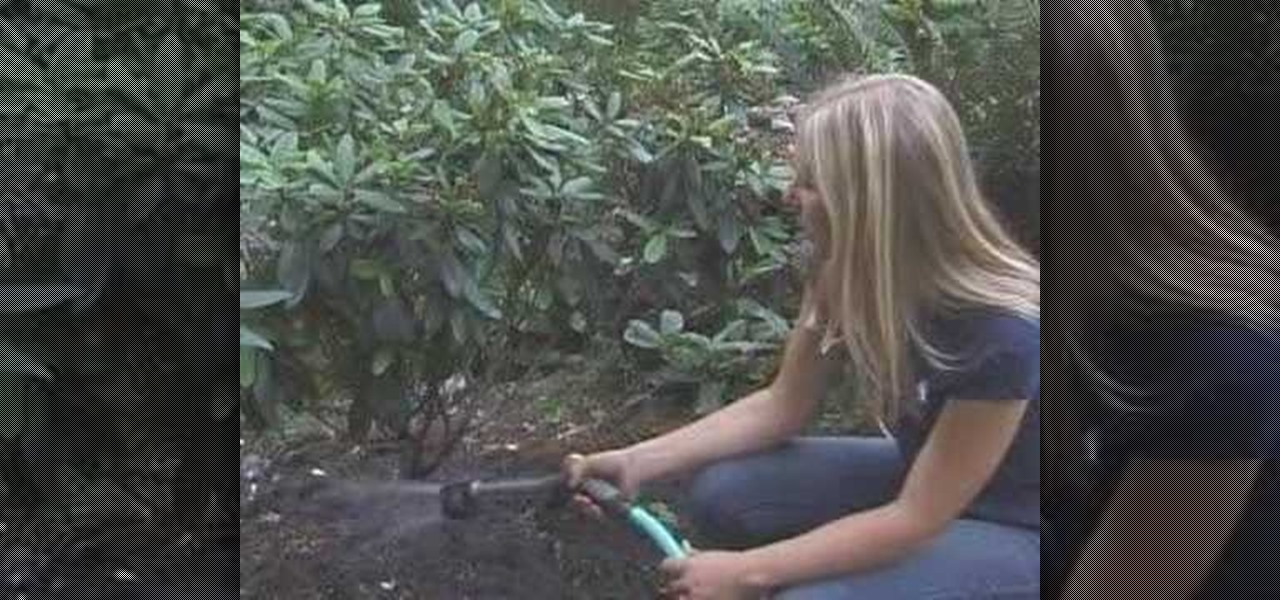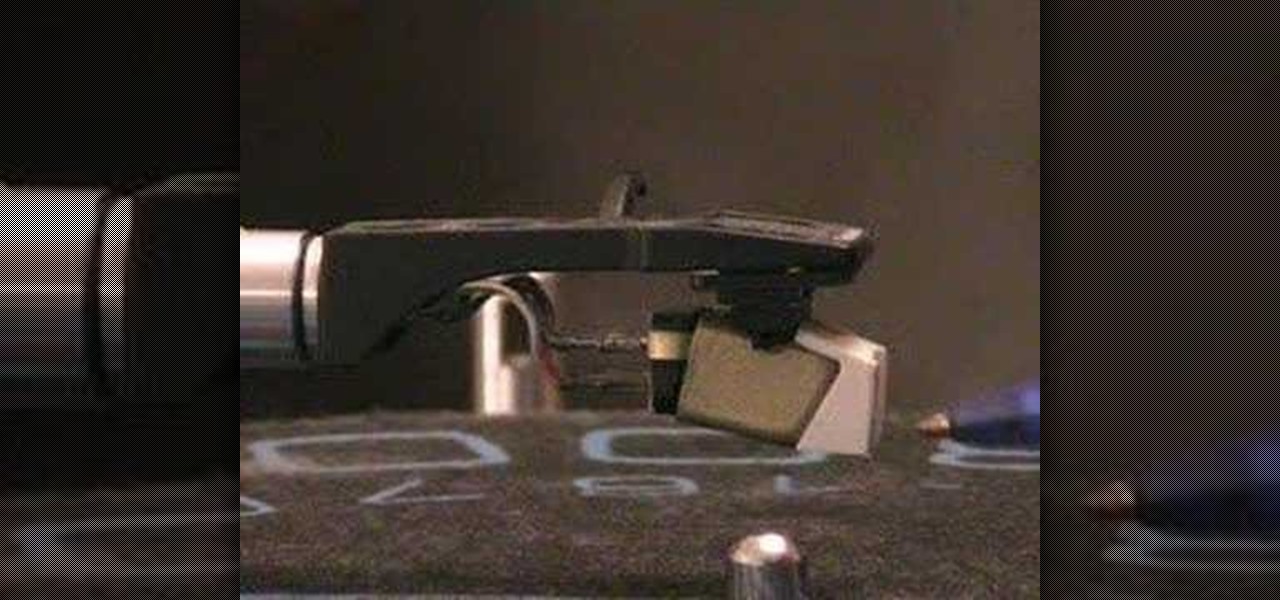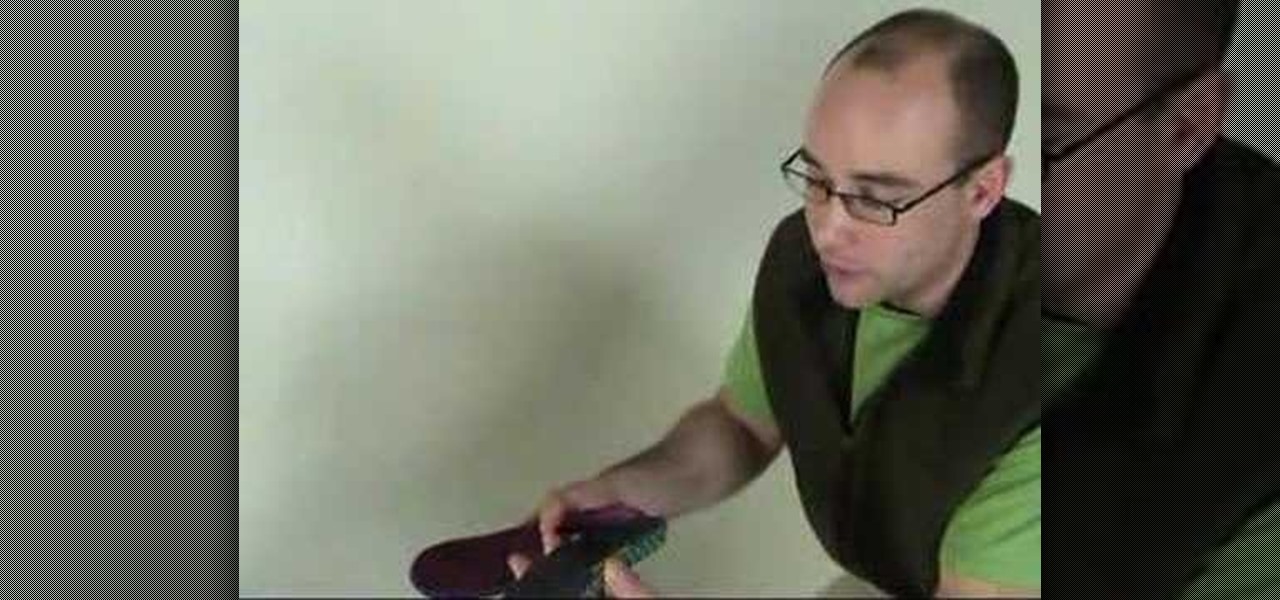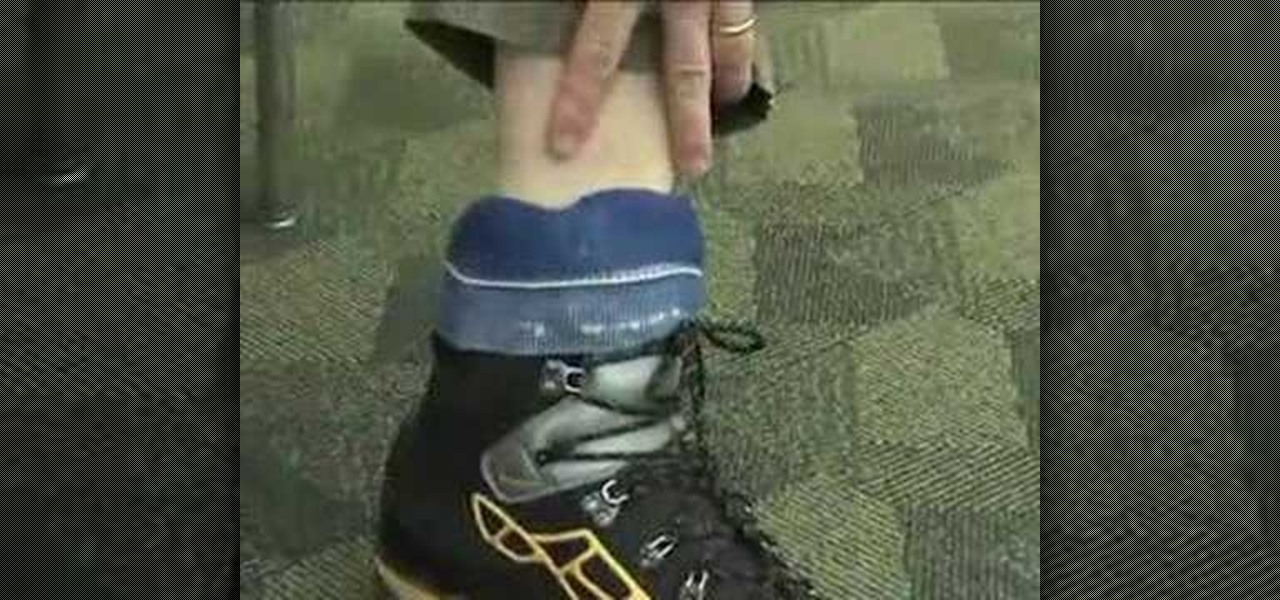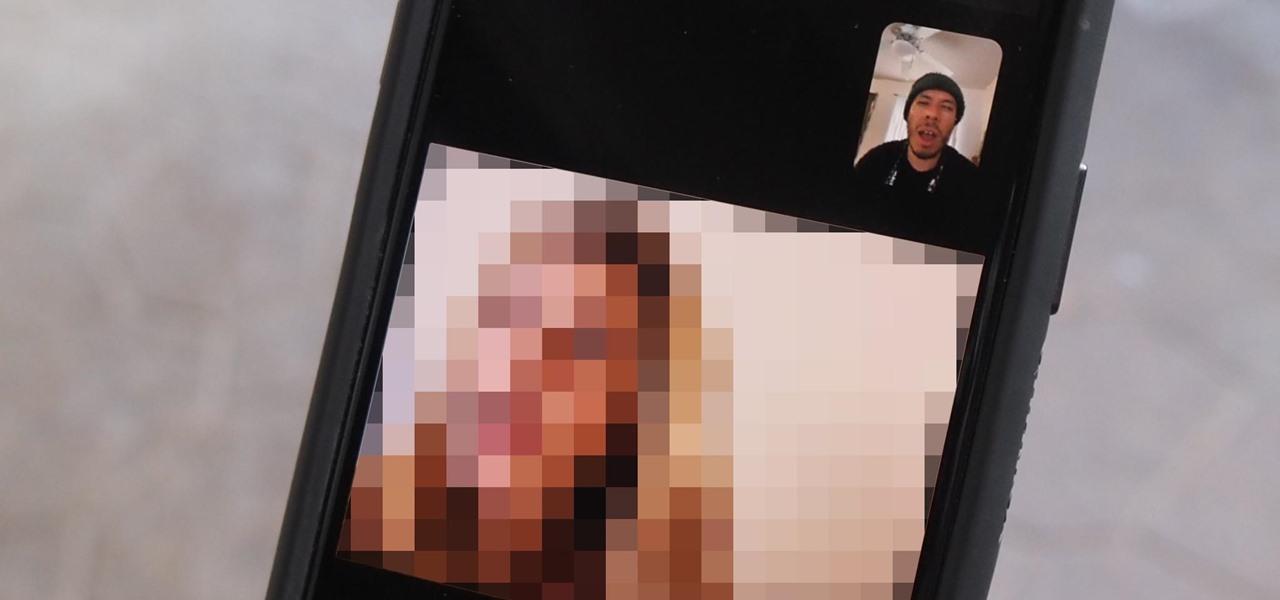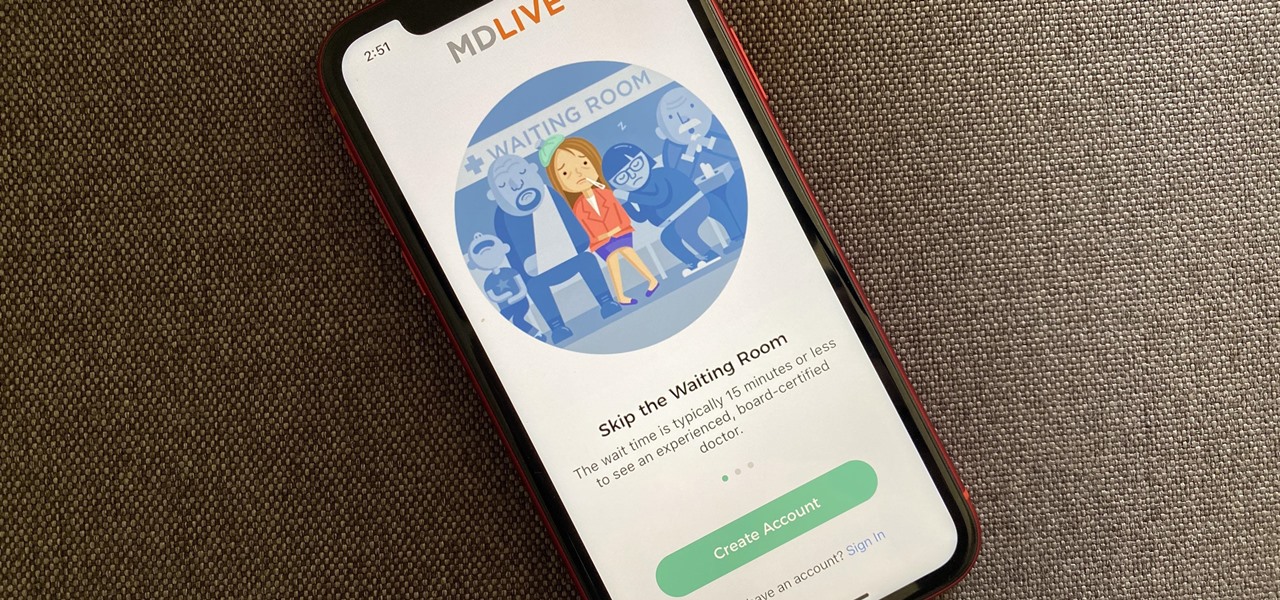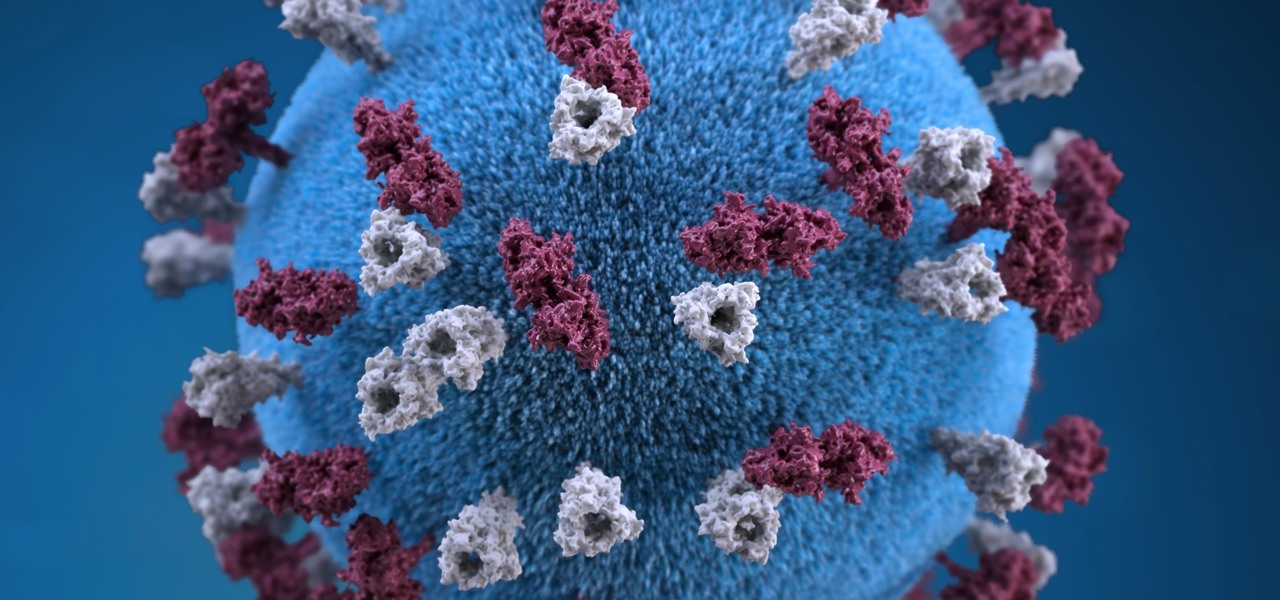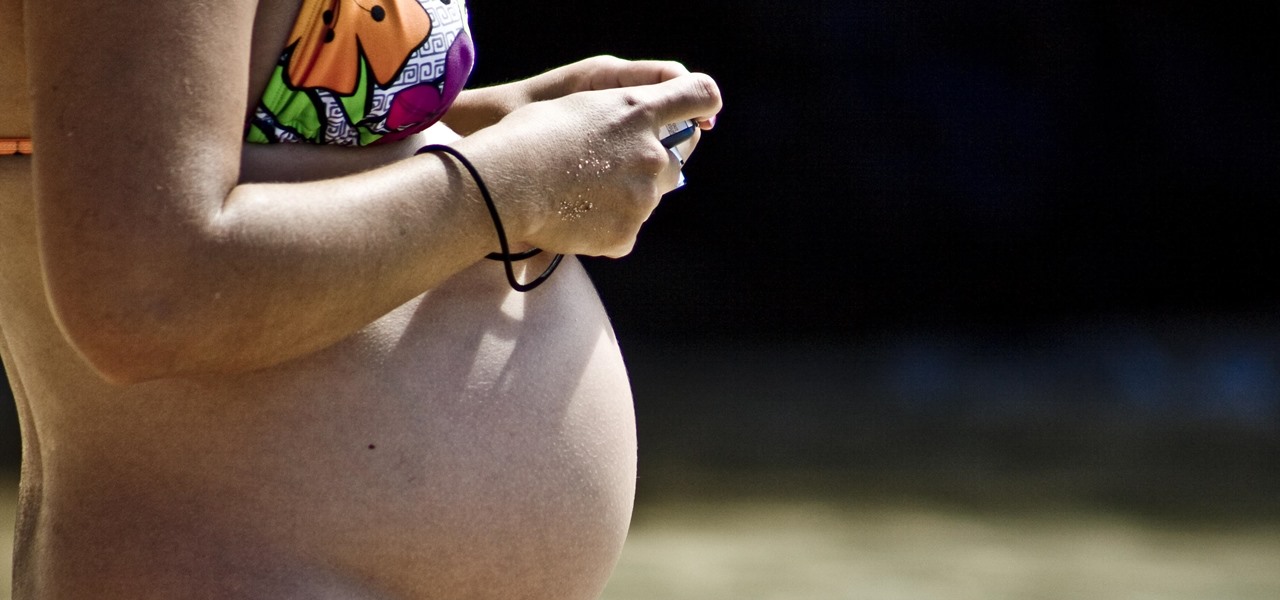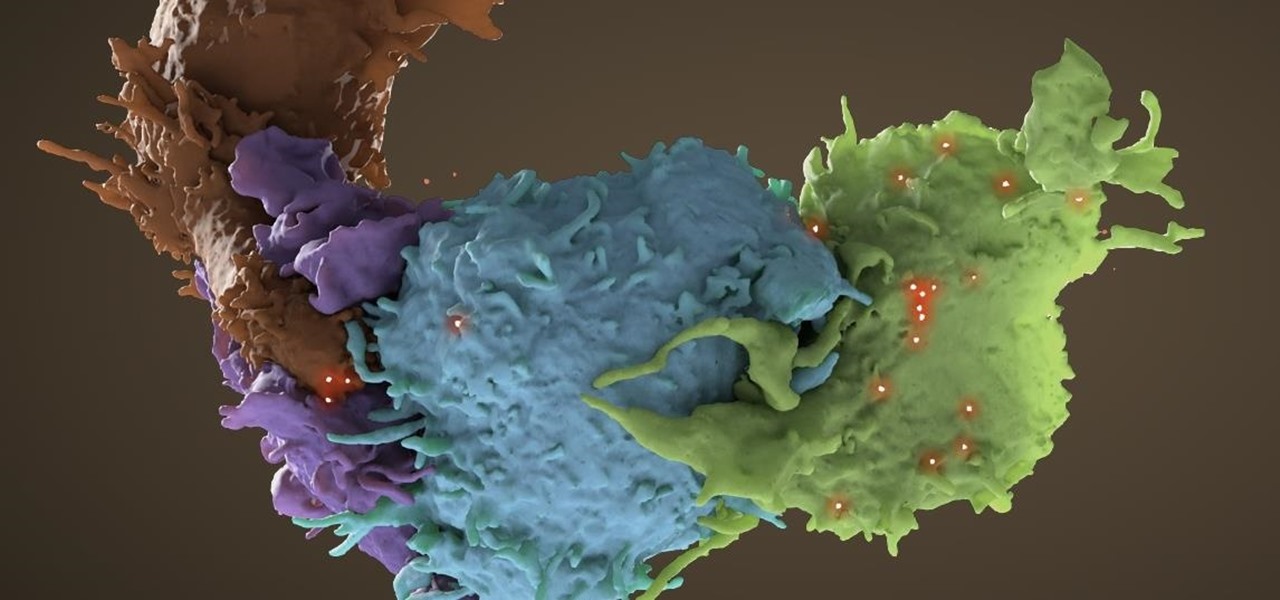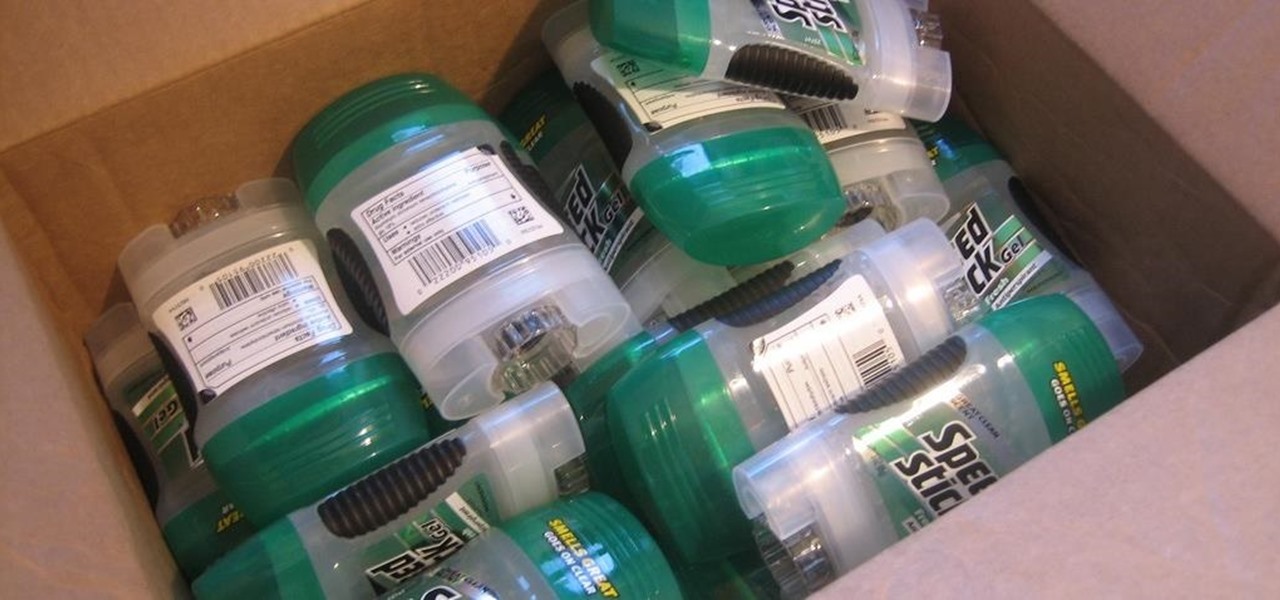
Everyone has suffered from heartburn at one time or another. Learn how to treat heartburn with home remedies from Pharmacologist Joe Graedon. Watch as he shows you how baking soda can help neutralize the acid in your stomach. If you suffer from high blood pressure consider using natural alternatives like chamomile and ginger to treat heartburn.

It is not polite to talk about gas but everyone passes gas. In this how to video Pharmacologist Joe Graedon shows you how to deal with gas and flatulence with home remedies. Some of these home remedies for gas include fennel, aromatic bitters, and pro-biotics.
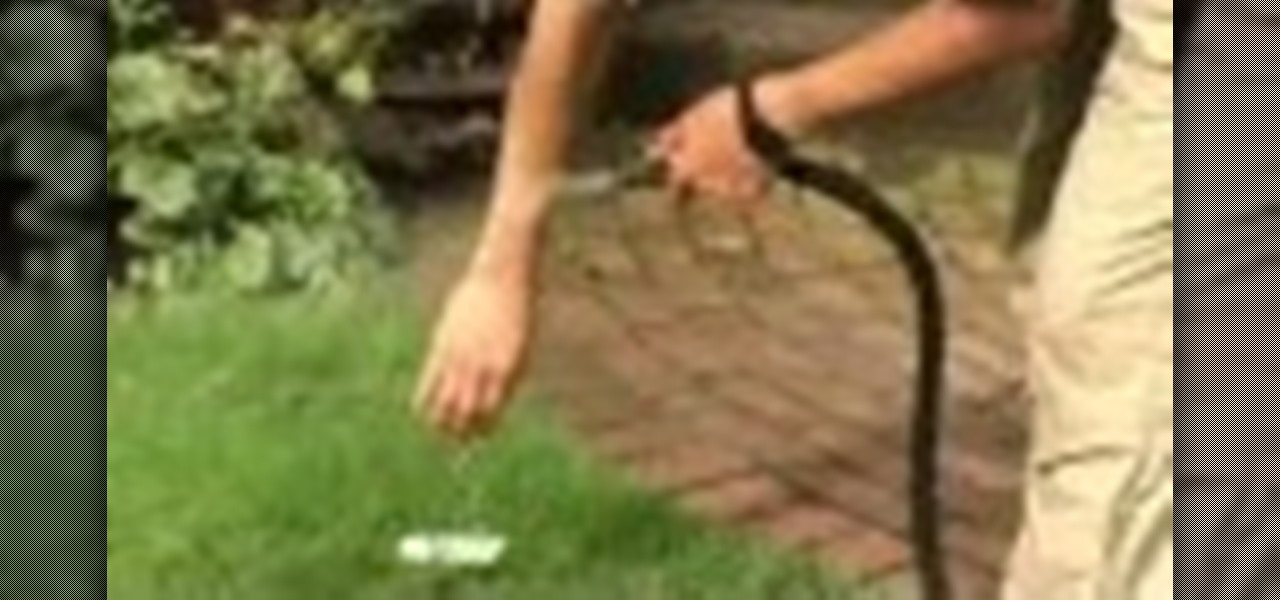
Poison ivy is a real pain. And it is especially bad to have poison ivy in your garden. Learn how to identify and remove poison ivy with little to no risk to your skin with this gardening tutorial. Remember to be careful and wear long pants and gloves when handling poison ivy

Sweet Johnny Cage shows you guys how to use and set-up the all new Freeloader by Datel for the Nintendo Wii. Now you can play your favorite import Nintendo Wii and GameCube titles on your American Wii!
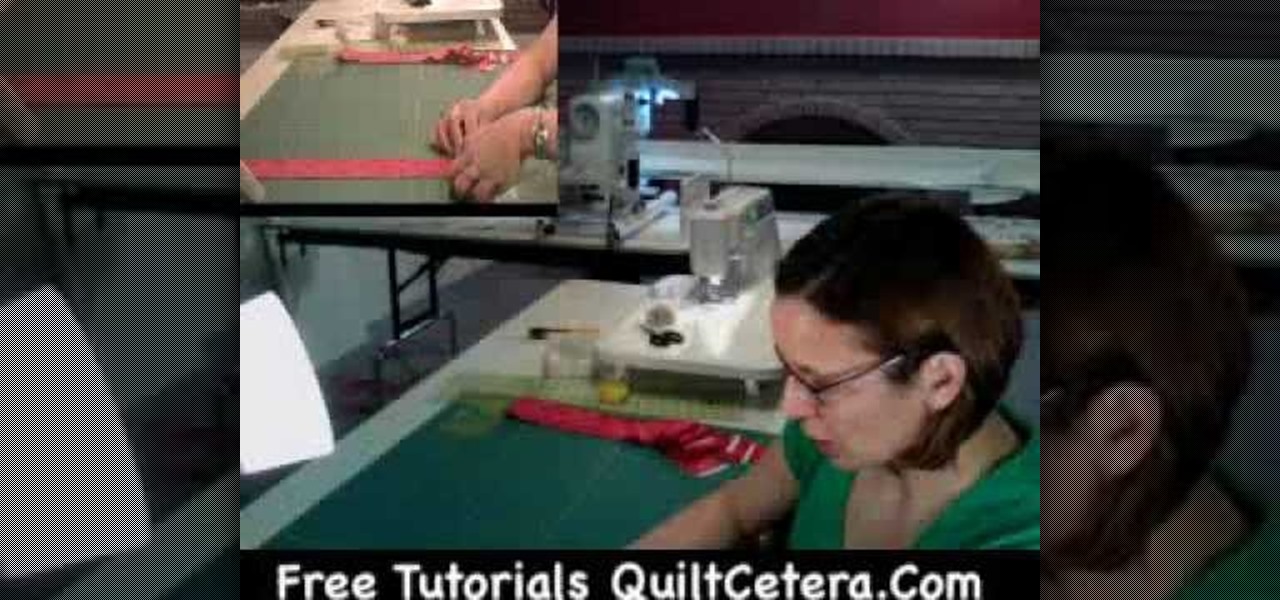
This video quilting tutorial shows how to cut fabric into strips for binding a quilt. Proper technique will prevent ugly bulky seams. Learn how to join binding strips together for a clean professionally edged finish on a quilt by watching this instructional video.
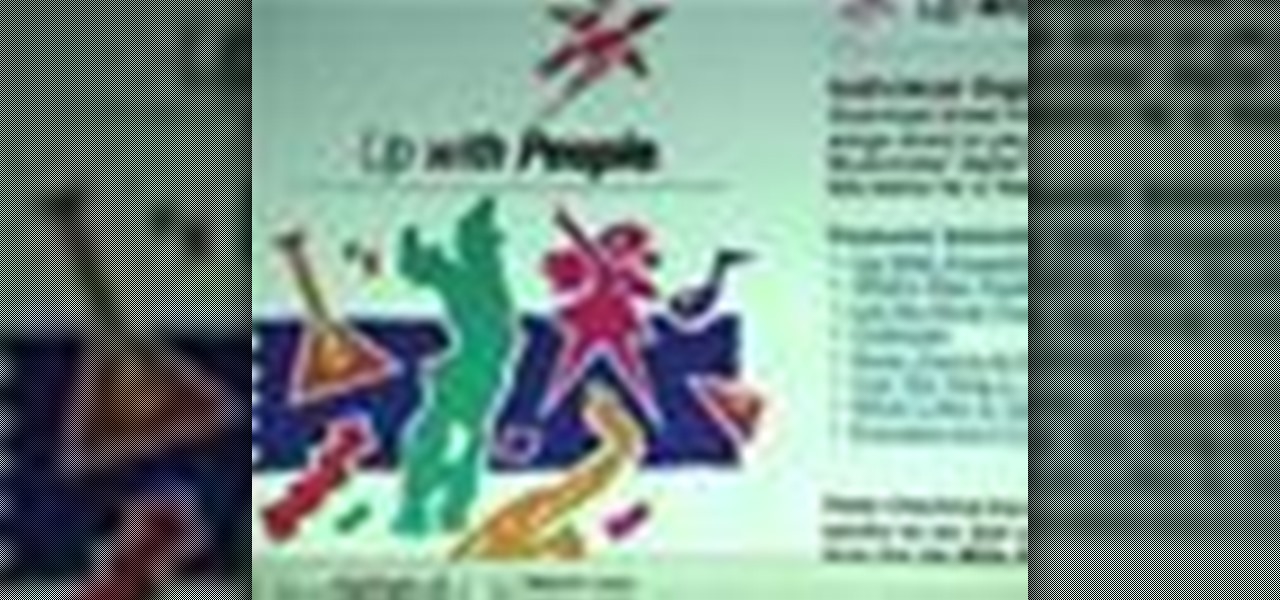
Watch this helpful software video tutorial to learn how to turn off the URL suggestions feature in Firefox. If you have embarrassing URLs and share a browser, you might need this tip so you can turn off the URL suggestions and prevent others from seeing the sites you've visited.

Regular cleaning of an in-the-ear hearing aid is essential so the sound can escape and be heard. A hearing aid plugged with ear wax prevents proper functioning of the device by making it sound dead or broken. Watch this video tutorial to learn how to clean a hearing aid from an audiologist.

Trapped air prevents radiators heating up fully, so if your radiators feel cooler at the top than at the bottom, it's likely that a bit of air has got stuck in them. Luckily - getting the air out of the radiator - "bleeding" it - is as simple as it gets. Watch this video tutorial to learn how to bleed a radiator.

Want the warmth and stylishness of a hat without the hair-plastered-to-head look when you remove it? It is possible. With this how-to video, you can learn to get rid of that nasty hat-hair.

Imagine if you had to wear a fur coat all summer long. Here’s how to keep your pets comfortably cool. Never leave a pet in a parked car or more might happen than them getting overheated. This is an interesting tip: leave some fur in your backyard to deter deer, which carry ticks.

Lye can cause chemical burns and the fear of getting burned prevents arts enthusiasts from making homemade soap. Watch this video to learn how to safely make lye solution so you can go ahead and unleash the creative child in you.

The unexpected visit you get from a mouse probably makes your skin crawl, but you might not feel comfortable killing these unwanted guests. Learn easy and organic tricks for preventing, repelling, and removing mice from your home, the humane way.

Prevention is always the best course, but when your head is pounding and you need some relief, check out this surefire hangover remedy.

Today's word is "thwart". This is a verb which means to prevent from accomplishing a purpose or a plan. For example, you can say "The police thwarted three terrorist attacks at LAX last month."

Host Meghan Carter visits ACE Concrete in Sun Valley, California to discover the basics about concrete countertops. From selecting a good concrete contractor to preventing cracks and staining, this is what you need to know when considering a concrete countertop.

Watch this video to learn a little about the history of gin & tonic. Tonic water was consumed to prevent malaria in the 18th century. It was extremely bitter, so gin was added to make it more pleasant.

Watch this video to learn how to increase your flexibility to improve your cross country skiing techniques and prevent injuries.

Learn how to prevent iPhoto from automatically launching every time you plug in a digital camera or iPhone.

Learn how to make your bathroom mirror unsteam. The trick is to use soap solution on the mirror.

Roll Outs are similar to the plank posture in yoga where you isometrically engage your abdominals and core to stabilize and control anterior pelvic tilt thus preventing hyper-extending your lower back.

Gardening doesn't have to be a lot of work, especially if you use mulch in your vegetable and ornamental beds and pathways. Mulch is a huge garden time saver because it helps prevent weeds, reduces the need to water, moderates soil temperatures, adds organic matter to the soil as it breaks down and helps your garden look tidy.

Why does the stylus needle jump on a 12" record? Learn why and how to prevent it form happening during your DJ set.

Learn how to wind a cable so that it will unwind without kinks and tangles.

Learn how to buy a pair of hiking boots, and what you can do to prevent blisters, sore arches, even chronic foot problems in 6 easy steps. Backpacker magazine editors Jason Stevenson and Jackie Ney show you how. Learn more from Backpacker's Gear School in the March 2007 Gear Guide, and at www.backpacker.com/video.

These simple tricks can prevent typical trail maladies and keep your hike going. Learn more from Backpacker's Gear School in the March 2007 Gear Guide, and at www.backpacker.com/video.

Backpacker editor-in-chief Jon Dorn explains 5 field-tested techniques for eliminating the three main causes of blisters: heat, moisture, and friction. Learn more from Backpacker's Gear School in the March 2007 Gear Guide, and at www.backpacker.com/video.

Reviews of products used to protect your home, family, and other pets. Also, we'll have a look at the legal side of pet damage in a rental property and how to prevent it.

This video demonstrates how to work out your thighs by using an adductor machine. The video walks you through setting up the machine and performing the exercises properly to prevent hurting yourself.

As long as you have the meeting ID, you can join and interrupt virtually any video call on Zoom. And that's how we get terms such as "Zoom-bombing," where someone jumps into a chat to say or visually show vulgar and inappropriate things to the other participants. However, hosts can put an end to it.

The World Health Organization has declared the new coronavirus a pandemic, and the Centers for Disease Control and Prevention recommends video visits with a healthcare professional to reduce the risk of being exposed to the coronavirus that causes COVID-19. If you are experiencing mild flu-like symptoms, virtual doctor visits may also prevent you from endangering others.

Maine reported their first measles case in 20 years yesterday, June 27, in a press release from the Maine CDC. Many other people may have been exposed and could show signs of infection soon, with the potential for outbreak brewing. The last measles case in Maine was in 1997.

As if being pregnant did not come with enough worry, a new study found that certain antibiotics are linked to an increased risk of spontaneous abortion, or miscarriage — a terrifying finding for any expectant mother.

Now, you can prevent Donald Trump from building that idiotic wall from the comfort of your smartphone. Well, in theory, you can, thanks to a hilarious new gaming app called — wait for it — Trump's Great Wall.

The squiggly guys in this article's cover image are Propionibacterium acnes. These bacteria live in low-oxygen conditions at the base of hair follicles all over your body. They mind their own business, eating cellular debris and sebum, the oily stuff secreted by sebaceous glands that help keep things moisturized. Everybody has P. acnes bacteria—which are commonly blamed for causing acne—but researchers took a bigger view and discovered P. acnes may also play a part in keeping your skin clear.

Tremendous strides have been made in the treatment and outlook for patients infected with HIV, the human immunodeficiency virus. Treatment with a combination of antiretroviral drugs can keep patients with HIV alive for decades, without symptoms of the infection. The trouble is, if HIV-infected people stop taking their medications, the virus takes over in full force again—because the virus hides out quietly in cells of the immune system, kept in check, but not killed by the treatment.

Over 6,500 waterfowl—mostly ducks—have died in Canyon County, Idaho, stricken by avian cholera. The outbreak started in February, and before it's over, it may not only be Idaho's largest outbreak, but one of the largest in the country.

By looking for the mechanism that allows influenza A to invade lung cells, scientists also discovered a treatment that might block the virus from taking hold there.

The pathogen referred to as a "nightmare bacteria" is quietly adapting and spreading faster than anticipated.

No matter how fresh, sharp, or clean a razor is, it can still create an itchy, inflamed trail of razor burn bumps. When razor burn appears, it's unpleasant, and can even affect your next shave.

If you've been to a farmer's market during tomato season, chances are you know that heirloom tomatoes are pricier (and funnier-looking) than their hybrid counterparts.








